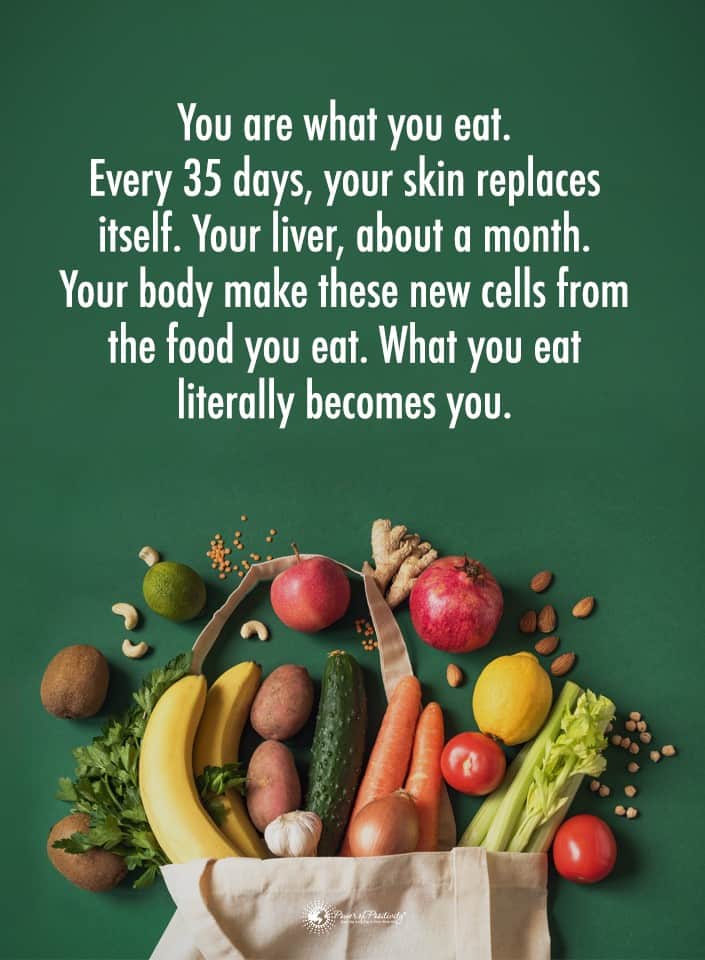Wouldn’t it be amazing if you stayed young and mentally sharp forever? Unfortunately, the time has a way of robbing us of our vibrancy with each passing moment. There’s no such thing as a Fountain of Youth, but you can try these 15 helpful hacks to delay premature aging and mental decline.
15 Healthy Habits to Help Reduce the Odds of Early Mental Decline
These good habits can help avoid cognitive decline.
1. Drink Enough Water for Hydration
Did you know that your brain is composed of about 75 percent water? It only stands to reason that you should drink enough water to keep your body and mind hydrated for optimal health. If you stay in constant brain fog, you may not be getting enough to drink.
Health experts recommend that you consume at least 6-8 glasses of water daily. You may need to drink a little more when you are especially active. When you drink enough water for hydration, your brain can stay healthy, and you can prevent mental decline.
2. Practice Yoga
The practice of yoga goes back thousands of years to ancient India, where early Hindu practitioners created a philosophical system that included body, mind, and spirit. Gentle yogic poses and mindful breathing not only can strengthen your body, but it can supply more oxygen to your brain and reduce tension.
3. Try Aerobic Exercise
Aerobic exercise increases your heart rate and floods your body with oxygen-rich blood. Not only does this form of exercise help you burn fat more efficiently, but it also nourishes your brain. The extra blood and oxygen keep your brain healthy and can protect your cognitive functions and memory.
A brisk walk can provide enough aerobic activity to benefit you’re your entire body. You don’t have to work out for hours in a gym. Talk to a licensed fitness trainer to find other aerobic exercises that are best for you.
4. Attend Social Events
If you want to prevent mental decline as you get older, avoid keeping yourself isolated from family and friends. Your brain thrives on socialization and stimulating conversation. When you attend social events, you often meet new people and learn new ideas to expand your understanding.
Studies show that people who self-isolate too often deal with depression. It’s a downward spiral as the depression can lead to a reduction in your mental capabilities. Make it a point to spend time with family and friends for outings and other exciting events.
If you live alone and have a small circle of friends, you can always go to social events to meet others. Spend time in the library, go to museums, concerts, and other places that pique your interests. The social interaction will keep your brain busy and happy.
5. Practice Meditation
Meditation is an ideal way to ease your mind and calm your body from stress. Like yogic practice, it is an ancient technique used to reduce stress and bring harmony to your body, mind, and spirit. When you meditate, you breathe mindfully and allow your brain to focus on a higher power.
All you need is a comfortable and quiet place to meditate for 10-15 minutes. At first, it may feel a little silly, and your thoughts will go haywire. With practice, you can let your thoughts pass without judgment, and you’ll be able to do it effectively.
You can give your mind a rest from a barrage of thoughts when you meditate. It may minimize mental decline and bring clarity to your thought processes. Try to meditate a few minutes each day and see how it can benefit you.
6. Enjoy Brain Teasers
You can’t get a healthy body that is toned and fit without work. It requires a proper diet and a daily exercise regime, including cardio and weight training. If you keep a sedentary lifestyle without exercise, your health and body condition will deteriorate.
Your brain needs the same stimulation. To maintain good brain health and prevent mental decline, it needs to be challenged and exercised daily. Remember the old saying that warns if you don’t use it, you’ll lose it?
Instead of spending mindless hours watching television, enjoy a few puzzles and brain teasers to boost your deductive reasoning and critical thinking skills. Work crossword puzzles, Sudoku, or any other fun games that challenge you. Answering trivia questions can also get your mind working.
7. Get Enough Sleep
According to statistics from the Centers for Disease Control and Prevention, about one in every three Americans don’t get enough rest each night. If you are among the sleepless crowd, you know how miserable it makes you feel and how insomnia clouds your thinking and perception. Sleep deprivation can cause a host of health and mental conditions, including eventual mental decline.
Although medical experts recommend that you get between six to eight hours of rest a day, some people need a little more and some a little less. If you aren’t getting enough rest and feel its effects, the reasons could be physical or environmental. Talk to your healthcare provider to find ways to help you get sufficient rest.
8. Eating a high-protein diet
The Ancient Greek philosopher Epicurus once noted that we are whatever we eat. If you consider your current diet routine, you may not be happy with the outcome. A recent study shows that approximately 36.6 percent of Americans eat high-calorie fast food every day.
With alarming statistics like these, no wonder America is battling an obesity epidemic, especially among young people and children. Obesity contributes to many deadly ailments like cardiovascular disease, diabetes, hypertension, strokes, and cancers.
Research indicates a positive correlation between a healthy high-protein diet and the prevention of mental declines like dementia or Alzheimer’s disease. Other studies also suggest a decline in brain function for people who chronically consume junk food. A balanced diet is the best route to take if you want your body and mind to stay strong and healthy.
Daily recommendations for protein intake are between 5-6 ounces. Enjoy lean portions of poultry, beef, and pork. Other rich sources of protein include nuts, eggs, fish, and dark leafy greens.
9. Consume Organic Vegetables
Do you know what you are eating when you buy regular fruits and vegetables at the grocery store? Most produce found in supermarkets across America have been treated with chemical pesticides and fertilizers hazardous to your health. Many of these chemicals can cause cancer.
It’s worth the extra cost to buy certified organic vegetables and fruit. Many people are avoiding the middleman and growing their own produce. While studies show no difference between the nutritional value of regular produce and organic, organic produce still has higher levels of antioxidants.
10. Increase Your Antioxidants
These powerful antioxidants fight free radicals in your bloodstream that can damage cells. Protecting your cells with antioxidants may delay the aging process for your skin, your internal systems, and your brain. As you age, damaged brain cells aren’t replenished as quickly, and that’s why many seniors experience mental decline.
A diet rich in a variety of organic vegetables and fruit may improve your cognition in the long run. They also provide brain-healthy vitamins and minerals and rough fiber for proper digestion. The USDA recommends that you get at least five servings of vegetables a day and four fruit servings.
11. Reduce Stress
Whether you’re a commoner who works every day, a celebrity, or royalty, you should realize that everyone deals with pressure. Your stress may be different from movie stars, but everyone’s bodies will react negatively to chronic strain. You may not be able to eliminate all your stress, but you can reduce it.
Your body is hardwired to protect itself with an automatic survival instinct. When your brain feels threatened, it pumps stress hormones called cortisol and adrenaline into your blood to prepare you for a fight, flight, freezing, or fainting. Since your brain doesn’t differentiate between dangerous threats and aggravation, you can live in a state of chronic stress that can wreak havoc on your health.
12. Stop Smoking
Smoking tobacco can destroy your entire body, including your brain. Not only can the plethora of hazardous chemicals affect your brain cells, but they can also contribute to mental health problems.
13. Reduce Your Alcohol Consumption
You know what overconsumption of alcohol can do to your liver, but do you also know that it can cause brain damage. If you experience blackouts due to heavy drinking over time, it can destroy brain cells that can’t be replaced. Keep alcohol consumption to a minimum.
14. Get Treated for Depression
Medical experts believe that depression is caused by a mixture of genetic and environmental factors. When you have a chemical imbalance in your brain, it can affect your memory and cognitive functions. Consult a mental health professional for depression treatment.
15. Practice Positivity
Have you ever noticed how weak your body feels when you stay in a negative funk? Be kind to your brain, and you must learn to be positive. Surround yourself with other positive people, and you will see how your mental health will flourish.
Final Thoughts on Preventing Early Mental Decline
Although it is normal for your memory and cognition to slip a bit as you get older, you needn’t experience a complete mental decline.
If you keep your body strong and healthy with proper diet and exercise, you may lower your risks of disease, dementia, and Alzheimer’s. Make sure you eat a high-protein diet and avoiding fast food and sweet treats. Food is meant to nourish the body and provide fuel, not just to please your palate.
When you take good care of yourself with body, mind, and spirit, it will serve you well into your golden years. And that commitment to self-care can help prevent early mental decline.


















